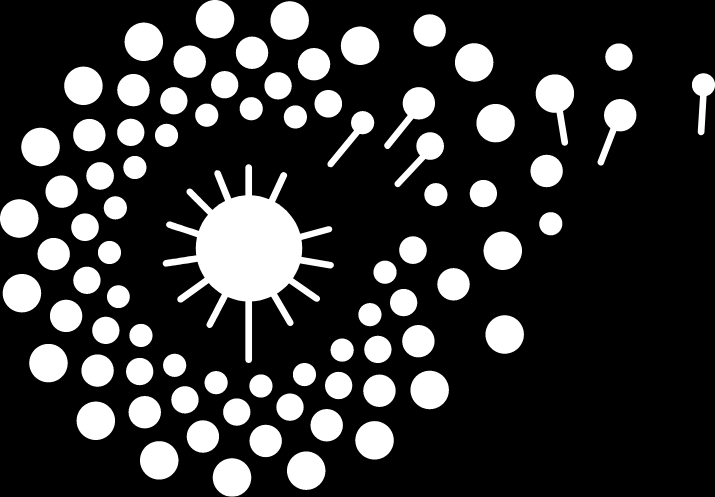Post Capitalist Philanthropy by Alnoor Ladha & Lynn Murphy
Chapter 1: Into The Paradox
The Neoliberal Operating System and Philanthropy's Role
Neoliberal capitalism prescribes a growth-oriented society, fostering inequality and ecological degradation. The wealth creation this system advocates actively contributes to the unequal distribution of resources, with extreme wealth juxtaposed against extreme poverty. Philanthropy, born from this disparity, has become an extension and externalization of capitalist notions. It reinforces a problematic status quo through philanthropic acts that, although well-intentioned, often fail to address the systemic roots of societal issues. Focusing on individual growth and systemic preservation, philanthropic institutions inadvertently entrench the logic of neoliberalism.
Institutional Consequences of Philanthropy
Philanthropy establishes power dynamics and cultures mirroring those of neoliberal capitalism. It tends to perpetuate inequalities through control, creating dependency among recipients. There's a perceived entitlement to determine societal needs without acknowledging the violent histories that enabled the accumulation of wealth. Moreover, by growing financial endowments, philanthropic institutions contribute to the capitalist cycle, failing to divest from the very systems causing the socio-economic and ecological crises they aim to alleviate.
Individual Actors in Philanthropy
Within philanthropy, individuals often feel a paradoxical sense of both power and powerlessness. The Decision-making elite, including wealth holders and granters, find themselves in a 'Groundhog Day' of repeating ineffective philanthropic patterns without questioning the systemic roots of social issues. Archetypes such as the saviorist, technocratic, and risk-taking innovator illustrate the variations in motivations and actions within the sector. However, many are caught in a cycle of compliance and perpetuation of the status quo, motivated by self-preservation and a desire to maintain their privileged positions.
The Drama Triangle of Philanthropy
The sector is permeated by the dynamics of the Karpman Drama Triangle: the savior (philanthropist), the victim (recipients/grantees), and the perpetrator (systemic structures and entities causing harm). Those in philanthropy often find themselves in roles that limit them to superficially addressing problems, maintaining systemic injustices. Overcoming this cycle demands a deep introspection and acknowledgement of the interplay between these roles, revisiting the motivations behind philanthropy, and understanding its impact on the individuals involved.
Reimagining Philanthropy
To break out of the neoliberal paradigm, philanthropy must confront and transform its own internal contradictions. It must move beyond ego-driven and controlled forms of giving, towards practices rooted in collective well-being and solidarity. This involves redefining success in philanthropy, away from self-perpetuation and towards transformative social change that truly addresses the causes of the meta-crisis. Innovation and bravery are required to redirect existing capital from supporting life-destructive systems to nurturing life-centric economic models, shifting philanthropy's role from a by-product of capitalism to a catalyst for post-capitalist realities.
In essence, the chapter emphasizes that the structure, culture, and practices within philanthropy are deeply entangled in and reflective of the broader neoliberal economic and social system. To evoke real change, both the philanthropic sector and the individuals within it must deeply interrogate and alter their roles, motivations, and the consequences of their actions.

